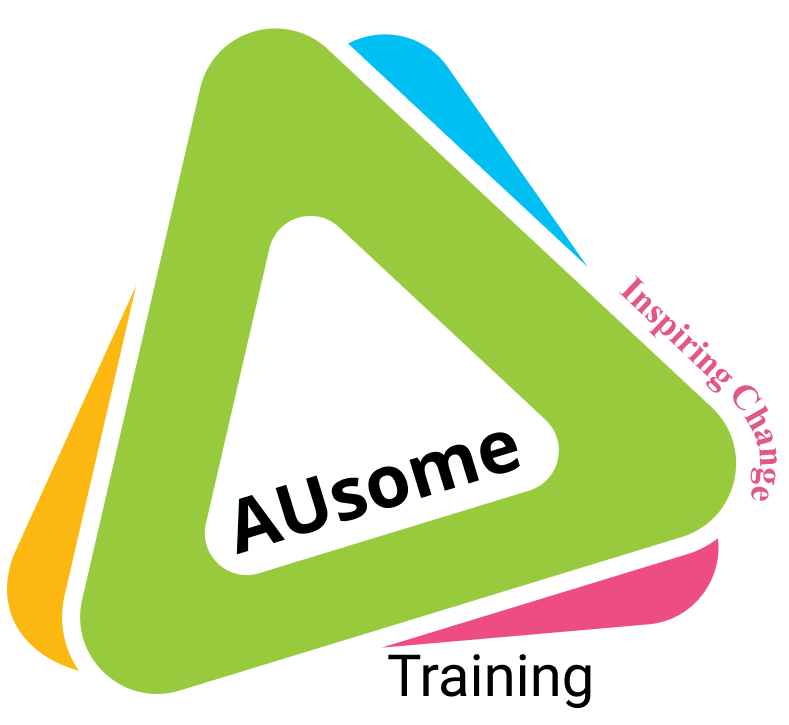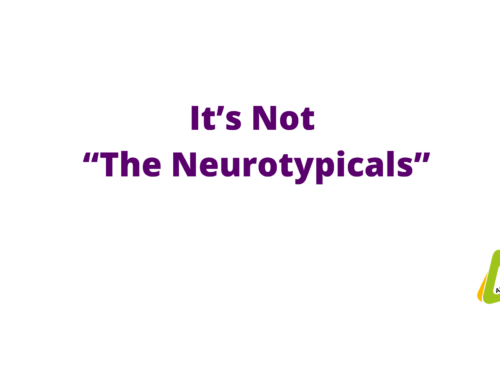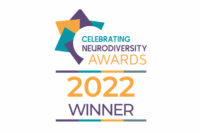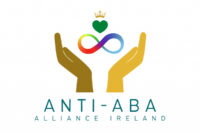Before I knew I was Autistic I was pretty ignorant about the rights of disabled people and I knew nothing about the different models or ways we can look at disabled people. And it’s important that I talk about disabled people because sometimes when we talk about “disability” we unintentionally dehumanise the very people we are talking about. Before I was introduced to the social model of disability I was only ever familiar with the medical model or the charity model which in short can view disabled people as the problem. The medical model claims that the issues or “impairments” lie within the disabled person. The social model challenges this view and makes us re-assess the roles we play in disabling others. The social model of disability looks at society and the part it plays in the lives of disabled people. The social model places the responsibility on us all to do better .
When we talk about “Autism” we also unintentionally dehumanise Autistic people. Our neurology is part of who we are and talking about it as separate from the Autistic person can lead to more issues.
The world is littered with discriminatory words, phrases, articles and books about Autistic people but this is often disguised by talking about “autism” like it’s something that exists on its own.
But autism doesn’t exist on its own.
“Autism” only exists within the Autistic person and so when we talk about autism we are always talking about Autistic people. The social model of disability forces us to look at ourselves and how we disable others.
To give an example of some of the discrimination we face I’ll share this book title released only 3 years ago in the US. “How to End the Autism Epidemic”. Imagine what it feels like as an Autistic person to read this title. Imagine what it’s like to know that someone had to view us as an epidemic. Someone had to write and edit this book and someone had to publish it, market it and sell it. Someone had to think that it was acceptable to have this book on their shop shelf. And that people bought it and believed that we are an epidemic or a problem to be eradicated. If we change that title to “How to End Autistic people” it clarifies exactly how horrific the ideas in this book are.
People blame all sorts of things for our existence rather than accepting that we are the way we are just like non-autistic people are the way they are. We are often described as burdens.
Describing disabled people as burdens is a common theme in our society. We other disabled children by saying “she has three children, one of them special needs”. When we put one child or one person in a separate category to the rest we are othering, we are discriminating and we are saying we don’t see them as equal. We are saying that there is a correct way to exist and anything that differs from this perceived norm is less, subhuman, is something to be pitied or even worse, banished from this world. The social model forces us to acknowledge our discrimination.
People recoil in horror when they think of what went on in concentration camps. They utter a meaningless “never again”. The sad truth is that it is happening again and again and it’s so much a part of our thinking that we do not even notice it. Disabled people are discriminated against on a daily basis. The needs of a disabled person are seen as “special” instead of human needs just like everyone else. When disabled people are murdered by their carers the court often finds it reasonable because they are such a burden on their carer’s lives.
Let’s stop there for a moment and think about that. The lives of disabled people are not seen as equal, as valuable. Everyone brings something to this world and if we measure people by their inputs to an economy only well, well then we’re right back in WW2 thinking again aren’t we?
So much of our thinking is still influenced by this sort of oppressive ideology but most of us are totally unaware if it. We say things like “despite their autism” or “despite their disability” , which when you take apart translates to “despite them not being like me, like us, the normal people, the superior people even”. Of course no one takes it apart because it would mean reassessing their worldview. It would mean some level of self reflection and self improvement so it’s far easier to blame everything on a marginalised group of people.
Autistic children amongst others are subjected to abuse under the guise of therapies like ABA where others profit while they suffer. Disabled children are experimented on in the name of “research” all over the world, all of this supported by the medical model. Research is littered with eugenics, causes and cure narratives which are passed without the blink of an eye from anyone on the ethics boards at universities and colleges.
Right now there is a campaign on twitter called Stop the Shock. Imagine… we have to ask people to stop torturing young Autistic people in Boston in 2021 in an institution masquerading as a school.
How is this ok?
It is ok because society doesn’t bother itself with the discrimination and abuse faced by disabled people. The social model of disability doesn’t make it so easy for us. It means that we have to bother ourselves!
Many disabled people are treated like eternal children. They are seen as incapable of representing themselves. They are spoken down to. They are very often excluded from discussions and policies which affect them.
In the Autistic community our levels of general anxiety, social anxiety, stress, trauma and depression are off the scale when compared to the general population. The medical model blames “autism” for all of this. But all of these are a response to living in a world which treats us as less, pathologises everything we do from our childhood play to our adult relationships.
There are books and courses that teach others how to cope with Neuordivergent people. There are programs and therapies to stop us from expressing our trauma from being treated so badly in this world. In this world where everything that an Autistic person does is put down to “autism” instead of treating us like humans and realising that most, if not all, of our “issues” come from our environment.
How could we be anything but anxious when people write books about ending our existence on this planet?
We also have high levels of medical conditions and researchers search for the causes while ignoring all the research already there that shows us that humans who experience early childhood traumas are more likely to develop certain mental health conditions and medical conditions. They do this because they forget that we are human. They do not see us as human.
Our trauma is ignored. Our suffering is ignored and people are given permission to blame it all on how we are, on our “autism” by the medical model.
The social model challenges this. The social model challenges all of us to do better.
Disabled people are not mistakes, are not tragedies and we bring the same energy to this world as everyone else. Disabled people are human, we are humans who are denied our fundamental human rights. Those rights begin with how others perceive us. We are equal. And we need to take a long hard and uncomfortable look at ourselves and the society we have created and how we disable, abuse and marginalise those who differ from this illusion of “normal” . A normal that doesn’t exist in the first place.




